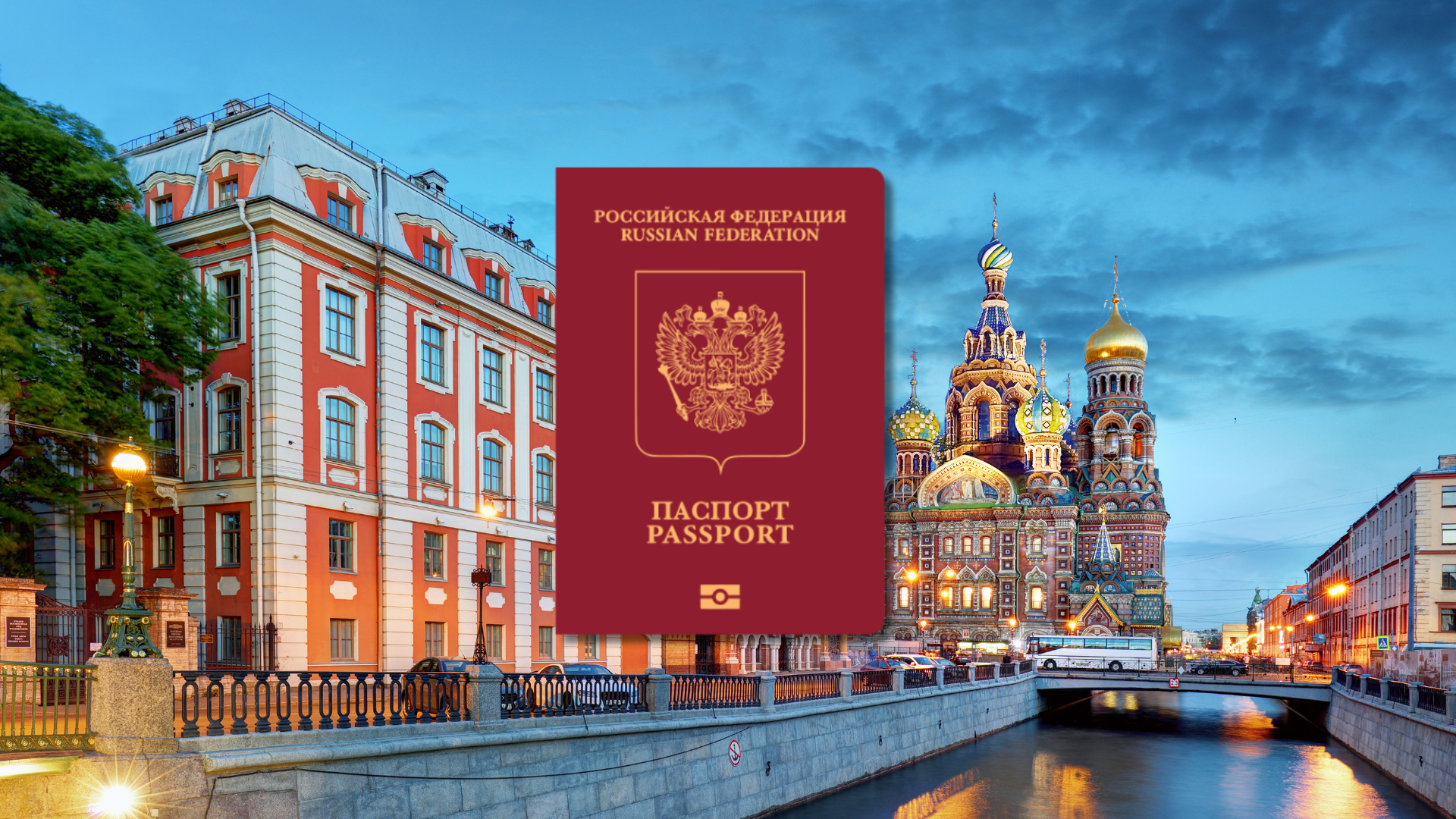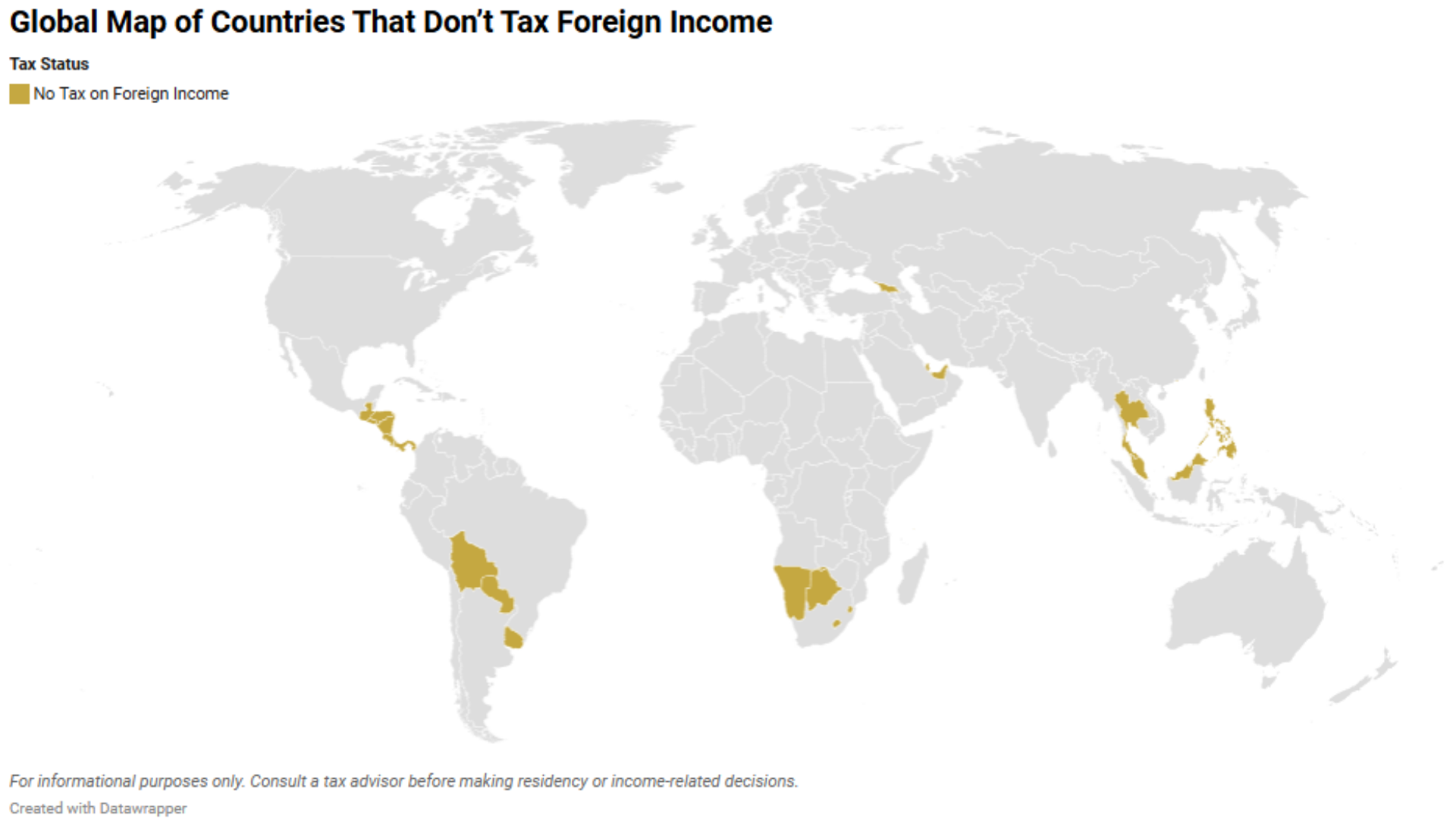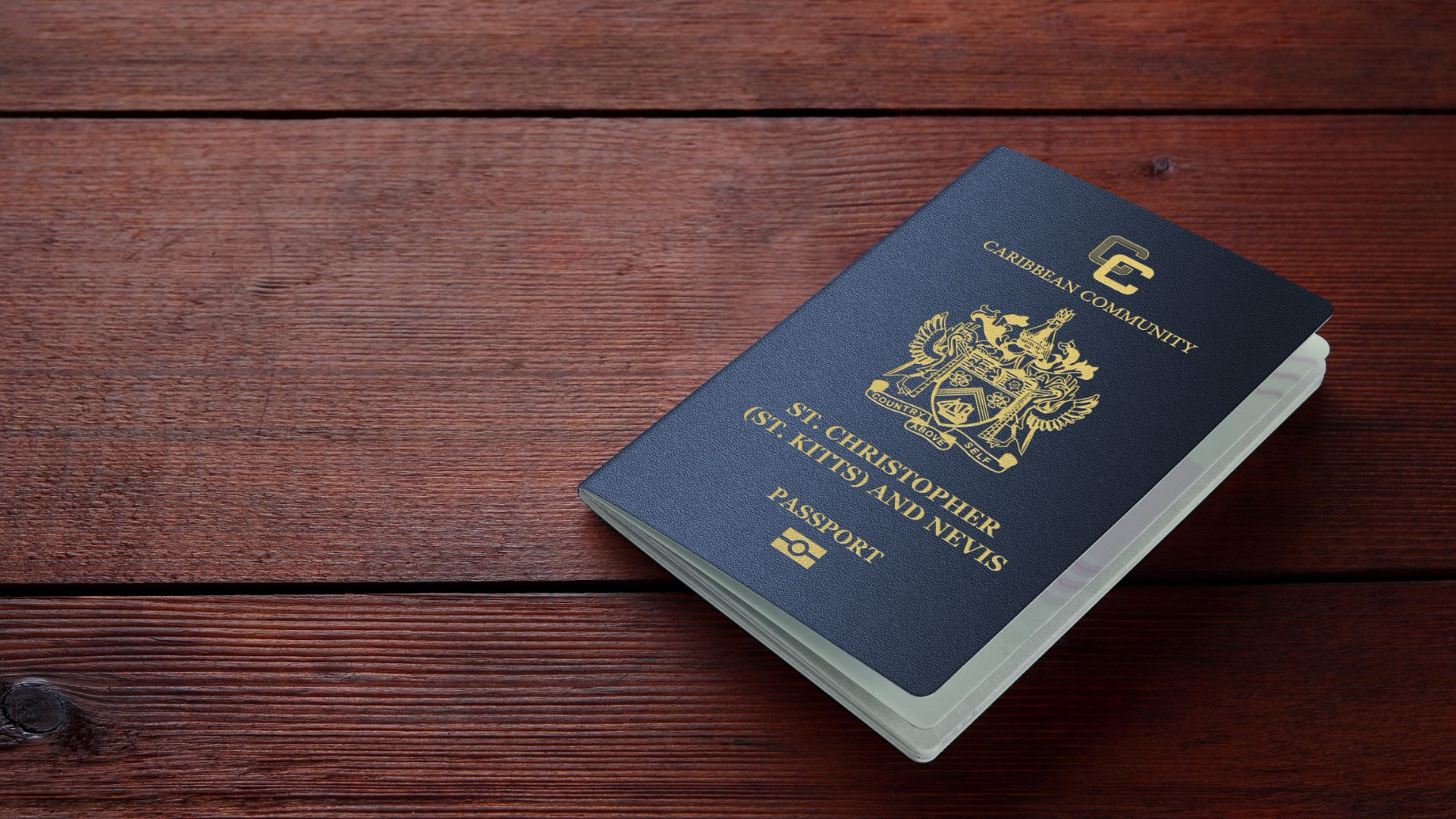Wealth Management Strategies for Investors with Multiple Residencies

- Utilize Tax Treaties: Take advantage of tax treaties that prevent double taxation, providing credits or exemptions on foreign-earned income.
- Residency-Based Tax Planning: Establish residency in a low-tax jurisdiction to reduce overall tax liability. Countries with favorable tax regimes can help minimize income, capital gains, or inheritance taxes.
- Tax-Deferred Accounts: Leveraging retirement accounts in countries where tax-deferred growth is possible can help defer taxes and increase long-term gains.

Cross-border estate planning can be complex due to varying inheritance laws. Here’s how to prepare:
- Use Trusts and Foundations: These structures offer flexibility in asset distribution and help reduce estate taxes.
- Cross-Border Wills: Drafting separate wills in each jurisdiction ensures legal compliance and facilitates asset transfer.
- Gifting Strategies: Lifetime gifts to family members can lower the taxable estate, benefiting from exemptions in some countries.
Insurance is essential for safeguarding wealth across borders. Key considerations include:
- Life Insurance: Can provide tax-efficient wealth transfer while reducing estate tax exposure.
- Umbrella Insurance: Offers extra liability protection beyond standard coverage, which is valuable in multi-country situations.
- Health Insurance: Ensures access to quality care and covers long-term care needs in different countries, especially where standards vary.

Contact us if you are interested in Citizenship by Investment
Our expert advisors will have a 1-on-1 consultation to find the best solutions for you and your family and guide you through the procedure.
Conclusion
Investors with multiple residencies must address specific challenges to optimize their wealth management strategies. By diversifying investments, planning taxes effectively, using cross-border estate strategies, and leveraging insurance, HNWIs can enhance their financial stability and safeguard their legacy. With a proactive approach, they can successfully navigate the complexities of international wealth management.
Share this blog
Frequently Asked Questions
Related Articles
7,000 Russians Claimed Citizenship Through a Forgotten Treaty
In 2024, over 7,000 Russians secured Kyrgyz citizenship through a long-forgotten treaty, no investment, no residency. This surprising surge reveals…
72% of Countries Now Demand More Than Just a Strong
A strong passport is no longer enough. With 72% of countries now applying political filters to mobility, high-net-worth individuals and…
Keep More Abroad at 29 Countries with No Tax on
Paying tax on income earned outside your home country? You may not need to. Discover 29 countries where foreign income…
UAE Golden Visa Real Estate Delivered Up to 20% Returns
UAE real estate led all Golden Visa markets in 2025, delivering up to 20% total returns. While other countries faced…
Venezuela’s Political Shift and the New Investment Landscape
Venezuela’s post-Maduro era may unlock rare investment and residency opportunities. With political transition underway, early-movers could gain access to undervalued…
St. Kitts & Nevis to Add Physical Residency to CBI
In 2026, St. Kitts & Nevis will introduce a physical residency requirement to its CBI program, a major step toward…






